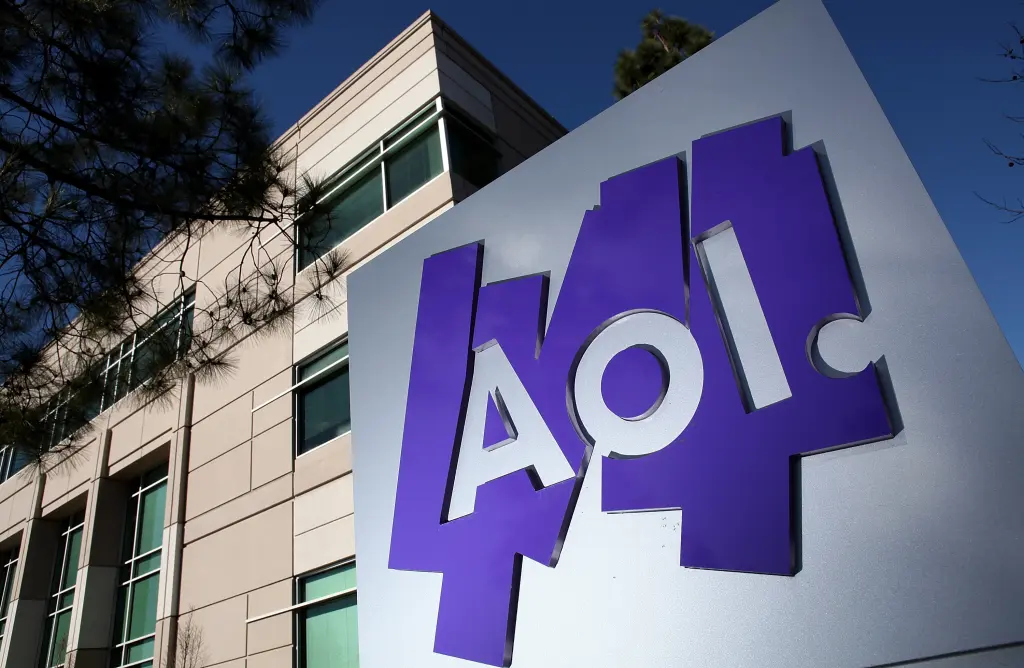By Axa Climate & Climate School,Joshua Neil
Copyright edie

The white paper reveals that HR managers are no longer satisfied with simply supporting change, they are expected to lead it. Whether redefining jobs, upskilling teams or rethinking recruitment, benefits and targets, HR must now become the strategic driver of climate resilience and workforce alignment.
The green transition, like the digital revolution before it, is structurally reshaping organisations. Not only will this have a technological and operational impact, the green transition will also affect the culture, development, and personnel of organisations.
Skills, purpose and climate: the new talent equation
Structured into three core chapters, this white paper aims to equip HR leaders with the insights and tools to act. It explores how working conditions must evolve in response to environmental risks such as extreme heat or resource scarcity.
Additionally, the white paper considers how HR teams can contribute to their organisation’s decarbonisation trajectory and foster collective engagement by embedding ecological values into workplace culture. Throughout, the report draws on current UK-specific data, expert interviews, and emerging best practices.
A key finding of the report is the scale at which labour has already transformed. According to the International Labour Organization (ILO), the green transition could generate up to 100 million new jobs worldwide by 2030, provided social inclusion is built into the process*. In the UK alone, the government has set a target of two million green jobs by the end of the decade, requiring significant upskilling and new talent strategies across sectors.
The challenge is considerable: four million workers will need to upskill in the UK by 2035 to meet the needs of the green economy.
In addition, workforce expectations are rapidly evolving. Environmental commitments are now a decisive factor in employer appeal – 72% of Gen Z and 71% of millennials in the UK consider environmental credentials important when evaluating job offers. Interestingly, 46% of Gen Z and 42% of millennials report having already changed roles or are planning to do so due to environmental concerns.**
From risk to opportunity: HR as a catalyst for transformation
Given the pressure on the labour force to drastically upskill within the next ten years, the report calls for immediate action. HR professionals are uniquely positioned to help companies move from reactive compliance to proactive adaptation. This includes integrating sustainability into employer branding, designing climate-conscious benefits and wellness programmes, and embedding ecological considerations into organisational culture.
It also underlines the importance of placing training and skills development at the heart of HR strategies, making ESG integration not just the next step but the foundation of tomorrow’s workforce.
“The green transition is a workforce challenge,” said Gabriella West, Head of UK & US Climate School, AXA Climate. “This white paper was designed to help HR professionals in the UK understand the scale of transformation ahead and take action with clarity and purpose.”
*International Labour Organization, A just ecological transition is the ILO’s solution to creating 100 million jobs by 2030, December 2022. Available.
**Deloitte, 2024 Gen Z and Millennial Survey: A generation grappling with uncertainty, May 2024, p. 15. Available.



